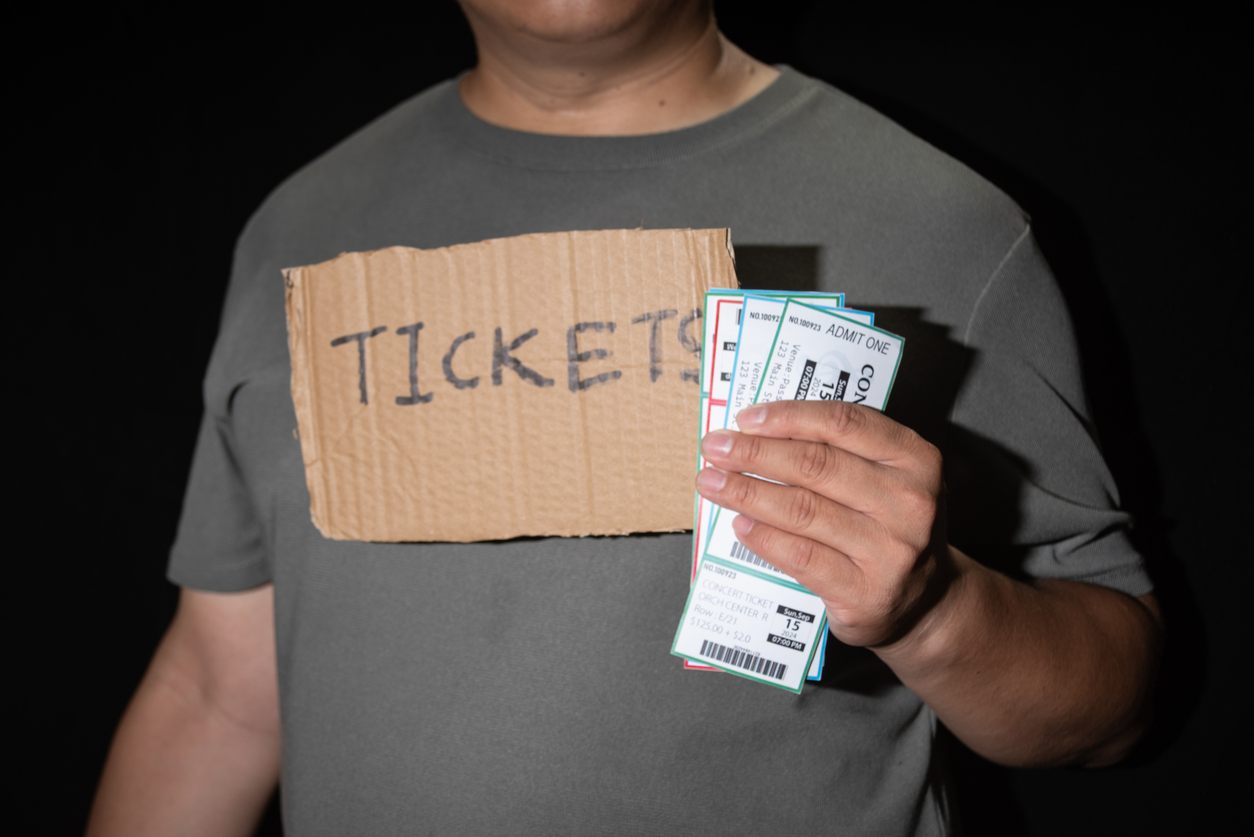Mega-events draw mega-scams. With demand already sky-high for World Cup 2026™ across the U.S., Canada, and Mexico, fans will face speculative listings, bot-driven markups, and outright fakes. This concise guide explains how official FIFA sales and resale will work, what the law says across host nations, the red flags to spot, and the safest ways to buy or resell—so you can enjoy the match, not fight a chargeback.
Why scams spike for World Cup tickets
Scarcity, dynamic pricing, and global demand make counterfeit and “speculative” listings (tickets offered before the seller actually has them) more likely. AP reports 4.5 million applications for early purchase windows—demand that encourages fraudsters to spoof official sites or sell non-existent seats.
How FIFA will sell (and resell) tickets
FIFA sells primary tickets only through its official portal and has confirmed an official resale platform to help fans transfer or buy tickets lawfully, subject to local regulations. Buying elsewhere risks invalidation at the turnstile. Register interest and follow FIFA’s announcements for windows and rules.
U.S. rules you should know
The U.S. Better Online Ticket Sales (BOTS) Act makes it illegal to bypass ticket limits or security measures (e.g., using bots), and to sell tickets obtained that way. The FTC has recently stepped up enforcement against brokers and major platforms, underscoring real consequences for unlawful resale tactics.
Canadian consumer protections
Ontario’s Ticket Sales Act regulates primary/secondary markets and applies to businesses selling tickets to events in Ontario—useful for Toronto match-goers. The Competition Bureau also targets deceptive pricing (like hidden fees) in the ticket resale market.
Mexico: public-order limits on resale
In Mexico City, the Civic Culture Law prohibits offering or facilitating ticket sales above authorized prices in public spaces—an important reminder around stadium zones. Mexico’s consumer authority (PROFECO) has also warned about fraudulent “event” sites and urges purchases only via official channels.
Red flags: how to spot fake World Cup tickets
- Listings before FIFA announces a sale window or without proof of ownership.
- URLs that mimic FIFA or host city sites; sellers refusing traceable payments. (See regulator guidance for safe-buy basics.)
- “Guaranteed” tickets from non-FIFA sources or “too good to be true” prices—common in large tournaments.
Safer ways to buy or resell (follow these steps)
Step-by-step
- Start officially. Create/log into your FIFA ticketing account; monitor sales phases and the official resale platform only.
- Verify the URL. Type FIFA’s ticket URL manually; avoid search-ad lookalikes.
- Use protected payment. Prefer credit cards with dispute rights; keep documentation/screens.
- Avoid speculative listings. If a seller can’t show tickets in their FIFA account (per rules) or cites “instant transfer later,” walk away.
- Know local law. U.S. bot circumvention is illegal; Ontario enforces ticketing rules; CDMX restricts above-face resale in public areas.
If you already bought from an unofficial source
Move fast: document communications, screenshots, and receipts; contact your card issuer for a dispute if delivery fails or tickets are invalid. Report the seller to the FTC (U.S.), the Competition Bureau (Canada), or PROFECO (Mexico) and to local police if fraud is suspected.
FAQ
Are World Cup 2026 tickets mobile-only?
FIFA will publish exact delivery methods in its sales communications. Assume digital/mobile delivery and manage tickets only in your official FIFA account or the sanctioned resale platform.
Is resale outside FIFA’s platform allowed?
It depends on local law and FIFA’s ticket terms. Unauthorised resale can lead to cancellation or denial of entry; stick to FIFA’s official resale when it launches.
What if a reseller claims “guaranteed” seats?
Regulators advise skepticism—some sellers advertise without inventory. Use official channels and protected payments; avoid wire transfers and gift cards.
Do bots actually affect my chances?
Yes. U.S. law bans bot circumvention and the FTC is actively prosecuting operations that bypass limits, which can distort availability and prices.
I’m attending in Toronto. Do provincial rules matter?
Yes. Ontario’s Ticket Sales Act governs sellers and facilitators for events in Ontario, complementing federal competition rules.

